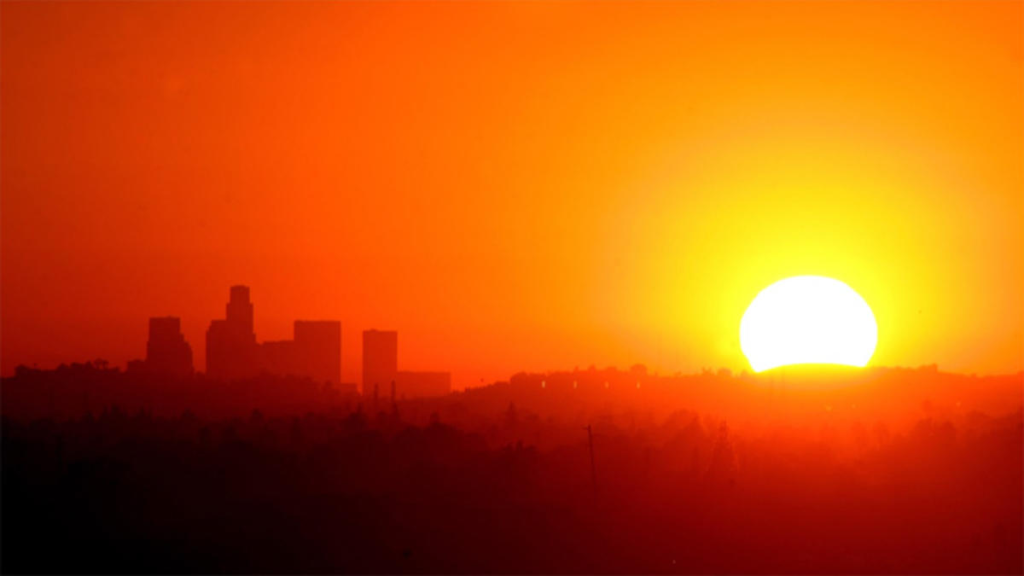Rising surface temperatures and longer, more intense heat-waves will be the new normal according to the latest IPCC report. This will make everyday life very different, say a group of researchers at Pufendorf Institute, who last week organised a public event on Heat.
The whole day lecture series illustrated some of the effects we will see: excruciating heat islands in cities, accelerating dependence on air-conditioning (and energy), thousands of deaths amongst children and the elderly and life-threatening out-door working conditions. Heat also threatens crops and ability to feed ourselves. Not to mention eco-systems and nearly certain extinctions of a host of insects, plants and animals.
It is a dark coincidence that the seminar was followed almost immediately by the record breaking heat-related-death-toll in India, which the Earth Sciences Minister, Harsh Vardhan, has now declared due to climate change.
The Heat research team was developing many solutions to threats from heat: increasing green space and water bodies in cities, heat resistant crops, physical labour during the nights and an early warning system for the elderly. Many of these initiatives will help us adapt to the upcoming problems.
But part of me still wonders why we are allowing climate change to become steadily more certain. Why can’t we come to a global agreement to halt carbon emissions? Why do we continually privilege the voice of industry and finance over the environment and people?
For me carbon emissions is no longer an individual choice. If my everyday actions made possible by industrialisation like driving, and turning on the lights, and drinking coffee are contributing to situation that causes people to die, I no longer want to have those options available. I want our global leaders to use the science from the IPCC report to create and apply immediate and international limits on activity linked to climate change.

